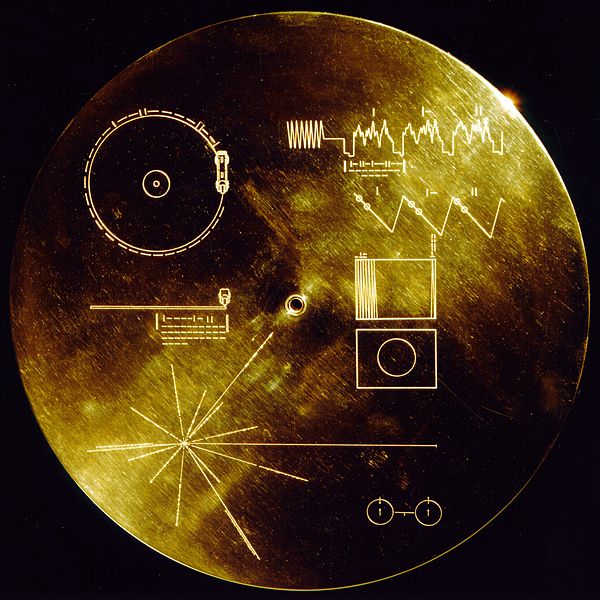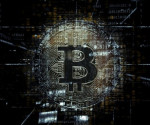8 factors that influence our decision-making
Effective decision-making is an important quality that can help us make better choices, solve problems, and resolve conflicts. In all stages of life, we are faced with the need to make decisions—some big and some trivial. Some decisions require a lot of thinking while others come to us naturally. Although sometimes, our judgment is influenced by several aspects. Read ahead to know about 8 factors that influence our decision-making.

photo NASA
Confirmation bias
Confirmation bias is one of the most common types of cognitive biases. When faced with several options, confirmation bias makes us lean towards the one that supports our pre-existing beliefs. When making decisions, it is important to remain impartial. And that’s why we need to make sure our decisions are driven by facts and evidence, rather than beliefs.
According to Amra Beganovic, founder of A&E influencer agency, managers can sometimes overlook data and provide insight based on a feeling or even their mood. Keeping track of data and analyzing evidence can allow us receive valuable insight and arrive at the most optimal solution.
Information overload
Although knowledge and information are crucial for making educated decisions, too much data may overload our minds. Information overload can impair our cognitive abilities and increase our chances of missing vital pieces of information. Information overload can also be caused by a large number of choices.
Not enough data
The less we know, the more we think we know. This is called the Dunning-Krueger effect. While not having enough data makes effective decision-making difficult, not knowing which data we are missing makes things worse.
Shortage of time
Urgency puts immense pressure on our minds. This can drive us to the quickest solution rather than the most effective one. Con artists and scammers can often create a sense of urgency to trick people into making bad decisions.
Peer pressure
Lack of self-confidence and the desire for acceptance can cause people to succumb to peer pressure. Peer pressure is when we go with the popular choice rather than the one we think is right. Teens and adolescents may be especially at risk due to the lack of experience and increased peer pressure.
Halo effect
This is when our judgment is marred by the physical appearance of a person. We not even be making the choice consciously but would still raise arguments in favor of the option that attracts us. Advertisers use this psychological trick all the time. For example, people are more likely to buy a product if it was recommended by someone beautiful.
Trying to uphold appearances
Sometimes the least glamorous decisions are the wisest. However, people may sometimes have a tendency to base their decisions on power and courage, despite logic indicating otherwise. Our ego and pride can sometimes have a profound impact on our choices. This can be seen in casinos where people keep putting money on the line despite losing, just so they don’t come off as weak or cowardly.
Too many heads
We’ve all heard the adage: too many cooks spoil the broth. The same may be trye to decision making. Too many decision-makers bring additional conflicts and complications to the task. Large groups are also prone to groupthink—a phenomenon in which individuals are unable to express their opinion out of fear of upsetting the majority.
Author: Jessica Miller














